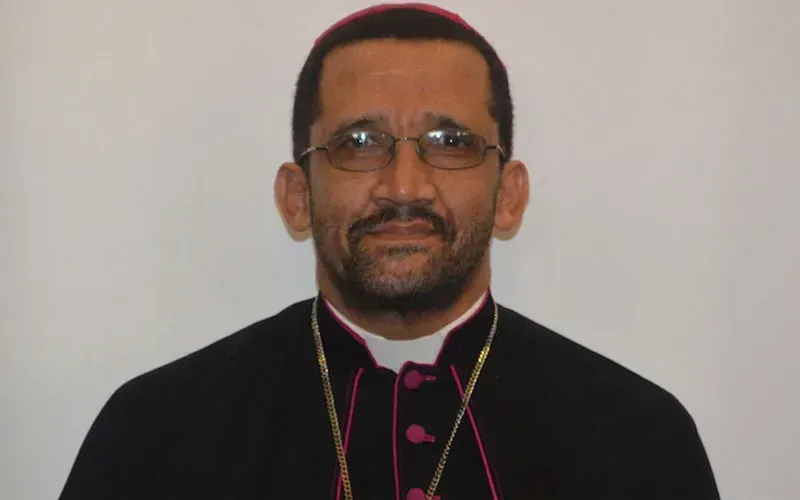“However,” SECAM members regret the fact that communities in Africa “are often dismissed because they are believed to represent just a tiny fraction of the world’s population.”
In the statement that was read out at the Open-ended Working group on the Post-2020 Global Biodiversity Framework at the United Nations Environment Program (UNEP) Complex in Nairobi, Kenya, Catholic Bishops in Africa also call for “No More Biodiversity Collapse”.
They urge nations “to commit to protecting half of the Earth, 50 per cent by 2030, to avoid the worst effects of the dangerous climate crisis ahead of the UN Biodiversity Conference (COP15) and UN Climate Change Conference (COP27) later this year.”
“We are calling on governments, especially of the Global North, that are the biggest emitters of greenhouse gasses, to deliver on their financial commitments,” SECAM members say, adding, “We call on them to ensure accountability and transparency and help create a safe and resilient world.”
In the statement that was read out by Fr. Rigobert Minani, a member of the Ecclesial Network of the Congo Basin Forest (REBAC), Catholic Bishops in Africa say illegal logging, conflict, land grabbing and industrial agriculture, are threatening the world’s second largest tropical rainforest.
“Unsustainable and illegal logging in the Congo Basin Forest – by both big and small companies – is leading to deforestation, destruction of wildlife habitat, diminished resilience to the climate crisis, and damage to local communities,” they say.
Members of the Symposium that brings together Catholic Bishops in Africa and Madagascar add that international industrial-scale agricultural developers have helped fuel wide-scale deforestation and sparked social conflict.
“The magnitude of exploitation has seen the loss of vital ecosystems,” the Catholic Church leaders say, and add, “We have seen undue pressure on Earth’s goods that increase tension and fosters conflicts.”
They emphasize the need to protect the rainforest, saying, “One key thing to note is that the Congo biome not only contributes to the Earth’s health but works together with other biomes like Amazon; the Congo supports the equilibrium of our Sister, Mother Earth.”
SECAM members call for the “immediate stop” of the 1443 km Uganda-Tanzania EACOP. In their considered view, the pipeline “will displace communities, endanger wildlife, and make the climate emergency and biodiversity crisis devastatingly worse” once it has been constructed.








